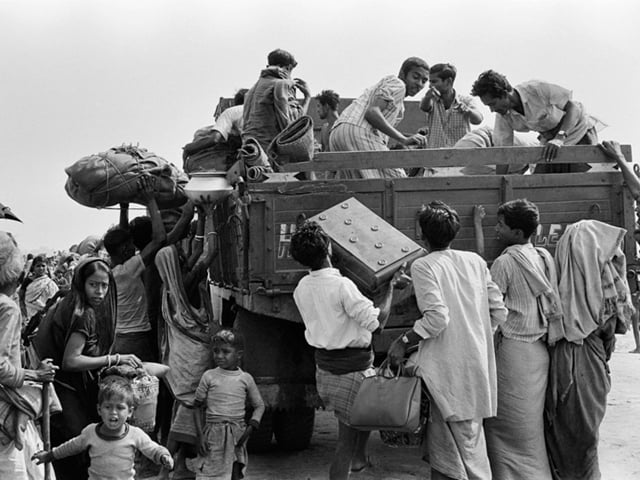
Parenting the digital generation
Children who have grown up in the digital age need to be appreciated. Stop scolding them for texting!
It is normal now days to see very young children in Pakistan confidently operating technology, possessing cell phones and using social media. A seventh grader can multi tasking; constantly uses SMS to communicate, spending a lot of time online, staying connected with people through the social media and surfing the net and checks out brainpop.com to get homework help while simultaneously listening to his/her iPod.
Many young people have blogs by the age of 13-14 years now. So, even if their essays or stories do not receive a good grade in class, or their ideas and thoughts are not entertained at home, they still have the opportunity to voice themselves, publish their work and attract wider audiences.
I often find myself arguing with my own teenager, and she replies back:
“But mama, what is wrong? I bring straight As in all my terminal and final exams.”
Hmmm... does not leave much to argue for.
But still, I often tend to think I never worked this way. How can this work for her?
I find myself thinking of the time, not that far back in childhood, when the evening began with Sohail Rana’s “Sang Sang Chaltey Rehna” on PTV, followed by all of us siblings sitting around our dining table with Abbi, my father who would supervise our homework and test preparations. The sound of Raza Ali Abdi of BBC London would be the signal to pack up. Abbi would listen to the news and after that we would go back to watching “Nilaam Ghar,” “Kasoti,” or “Fifty Fifty,” all together, without fighting for the remote control or distracted by phone calls or messages from friends, and not restless to update our status on Facebook, or changing channels (there was only PTV)!
Why can’t my kids have the same schedule?
After all, I was successful! Despite how successful we were, the reality is, a lot of our childhood practices seem badly failed in the 21st century. These developments, including gadgets, importance of communications, the difference between who is connected and who is not, alongside who is literate and who is not, have become important factors. They are here to stay, multiply with time, and continue to impact our lives and the new generation, and the decisions that impact them.
Working in the education and development sector, I talk to these tech savvy, multi-tasking, youths regularly. Despite being successful, they are often criticised by their families or teachers for their lifestyles, study and socialising habits. One disgruntled youth complained that his dad refused to let him work as an internet content writer, and only wanted him concentrate on his studies. The young people of today learn and operate in a very different manner than their counterparts of the past.
I often find myself counselling them, working hard to remove feelings of disapproval and explaining that dedicated teachers don’t mean ill. They are the biggest and the most genuine well-wishers of these young people.
We all have this innate, endless desire to see replicas of us in our children!
One mother who is educated and also a teacher, shares her confusion. Her daughter is connected with people around the world, and she thinks it is unsafe and a waste of time. Talking to this girl, it appears, she is an active blogger, and shares valuable social and political perspectives with a global audience. She also facilitates online projects for young people globally. There is nothing wrong here! Just that mom could not connect to the fact that there are different learning needs now in a closely connected world. Mom grew up and went to school in an era with no technology, but now is raising children who are digital natives - a generation that opened their eyes with a range of digital tools and applications.
Let us seriously think about these primary or middle school kids who will be going into jobs around the year 2026, and probably retiring in 2075.
They will eventually grow up and be a part of that big, constantly changing world that is completely unpredictable. The world has gone through a dramatic change in the past five decades. There are many reasons for this - technology, globalisation, media, over population, war, terrorism, economy - the list goes on.
Pakistan, with a dominating population of people between the ages of 14-35, is facing the challenge of supporting our youth to be active and informed members of the 21st century. Parents and teachers are the greatest influence for young people responsible for teaching and grooming them.
There is an urgent need to understand and reach out to these young people and prepare them for their future, and not for our past.
We can only do so by making a conscious effort to trust them, include them in decision-making processes, and above all, teach them to make good choices. These young people need creative learning spaces and opportunities so they learn to solve problems unknown. Their future requires them to be connected to the world, have the ability to continually change themselves and be flexible enough to be life-long learners.




COMMENTS (81)
Comments are moderated and generally will be posted if they are on-topic and not abusive.
For more information, please see our Comments FAQ